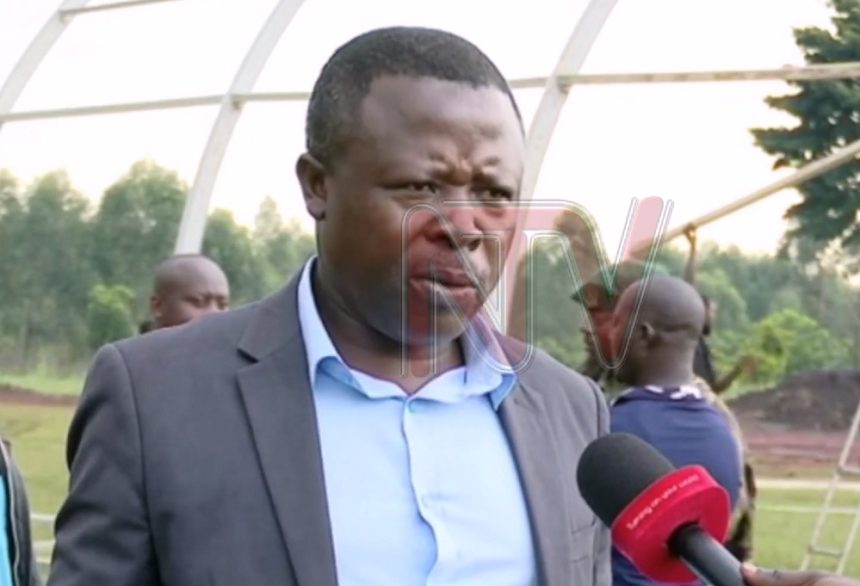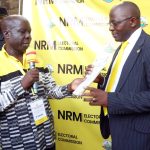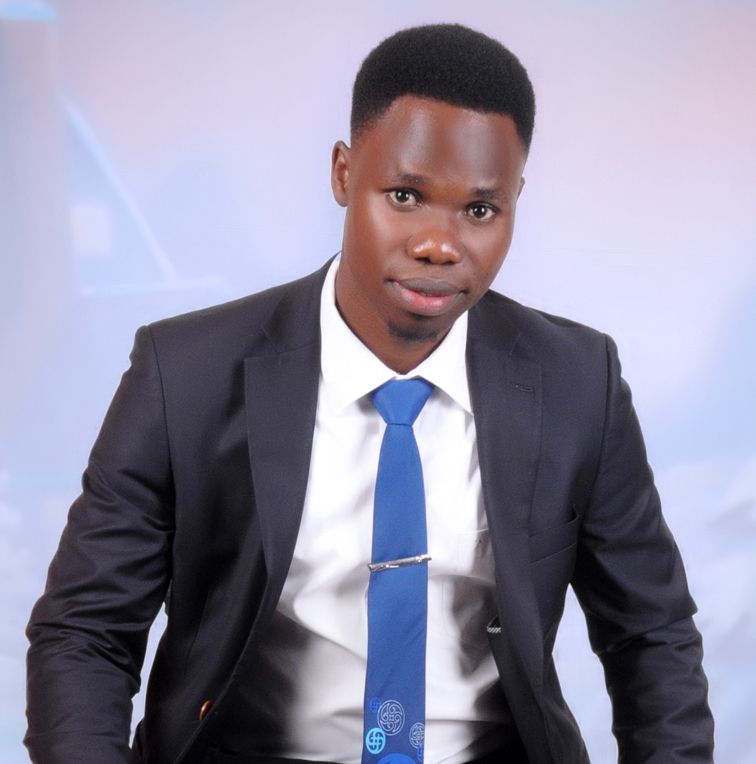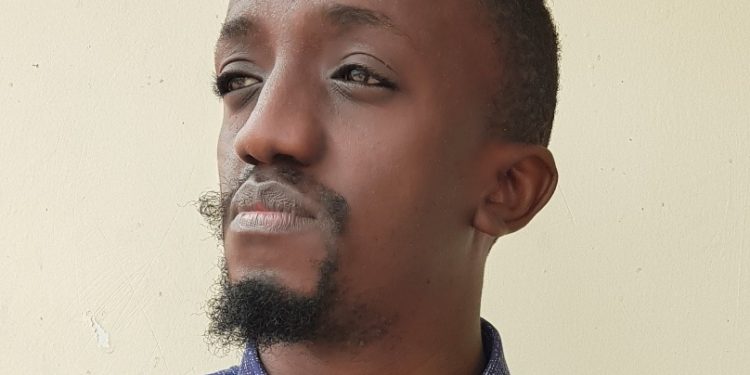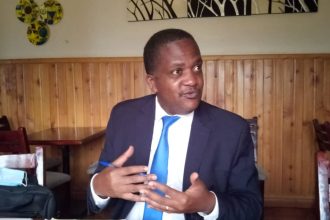I have noted with careful interest that during the swearing-in of heads of state across the world, nobody is handed over a gun, the latest armoured personnel carrier (APC), or missiles in order to keep the peace of the nation. Rather, they are handed instruments of state power such as the constitution, state seal, and flags, among others.
In Zimbabwe, for example, the president, while swearing in, is handed over the following symbols of authority: the coat of arms, national flag, and the Zimbabwe bird, among others — and each of these has its national significance.
In Uganda, the following are bestowed upon the president during the swearing-in ceremony after elections: the presidential seal, the constitution, national flag, and national public seal. Equally, each of these has its roles.
In the United States, recently, His Excellency Donald Trump, while swearing in, was handed over a presidential seal, medallions, and other state paraphernalia — but not nuclear weapons of any sort.
Both General Amin of Uganda and Emperor Bokassa of Central Africa were given similar symbols while taking over state power.
From the above, it can clearly be deduced that state power is vested in the nation’s constitution and other statutes. Nobody is given an SMG or the latest Russian AK-47 as a symbol of authority across the world.
Of course, I take cognizance of some politicians who believe less in these symbols adumbrated above and visualize the gun as the true source of power. Mao Tsetung, the formative Chinese revolutionary, once said that “power comes from the gun, and whoever is holding it is your master.” There are many politicians or generals who associate with this level of thinking.
General Amin, during one of the graduation ceremonies at Makerere University in the 1970s, tasked Makerere University professors to explain to him what power was. Each professor defined power in a more theoretical manner, trying to justify their definitions based on what they had studied. President Amin ruled them out of order and just pointed to his military jeep parked nearby and said, “That is power.”
Of course, political or other power can’t be visualized through jeeps alone — even witches have power too. Leaders must and should, at all times, be surrounded by the masses and not guns. And the Ugandan Constitution specifically captures this better by stating openly that power belongs to the people, and in its Article 3, a reward is available for defense of the Ugandan Constitution.
Statecraft requires mastery of the above-enumerated aspects so that leaders can formulate and execute well both domestic and foreign policies.
The writer is from Mbale and a Master’s student of Law.

